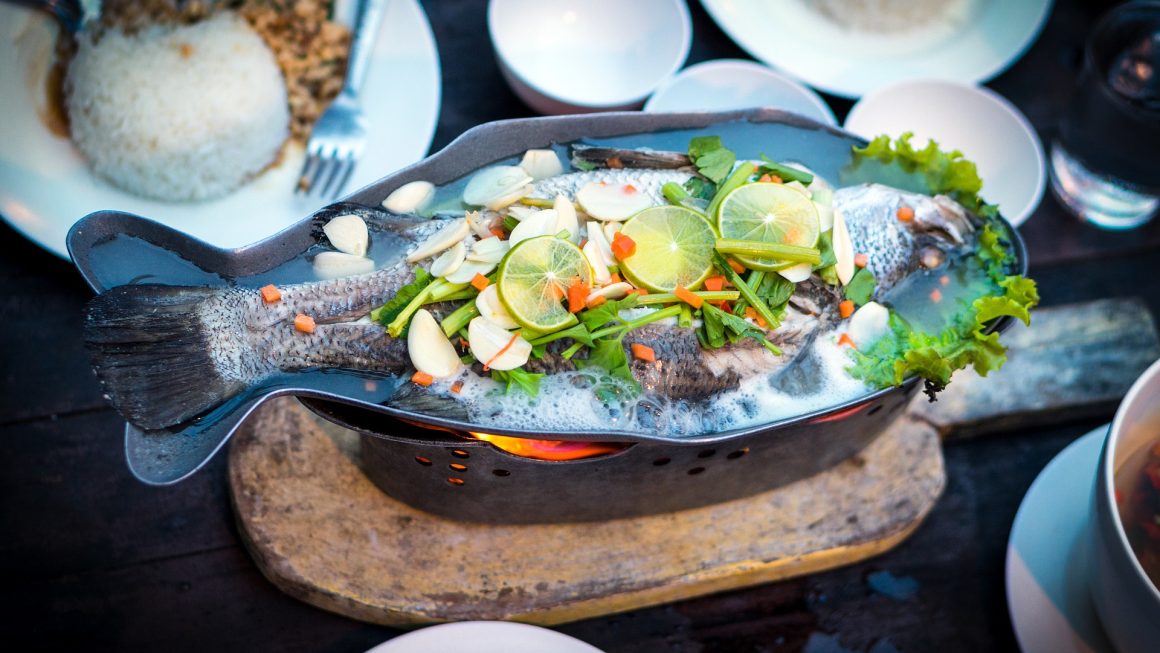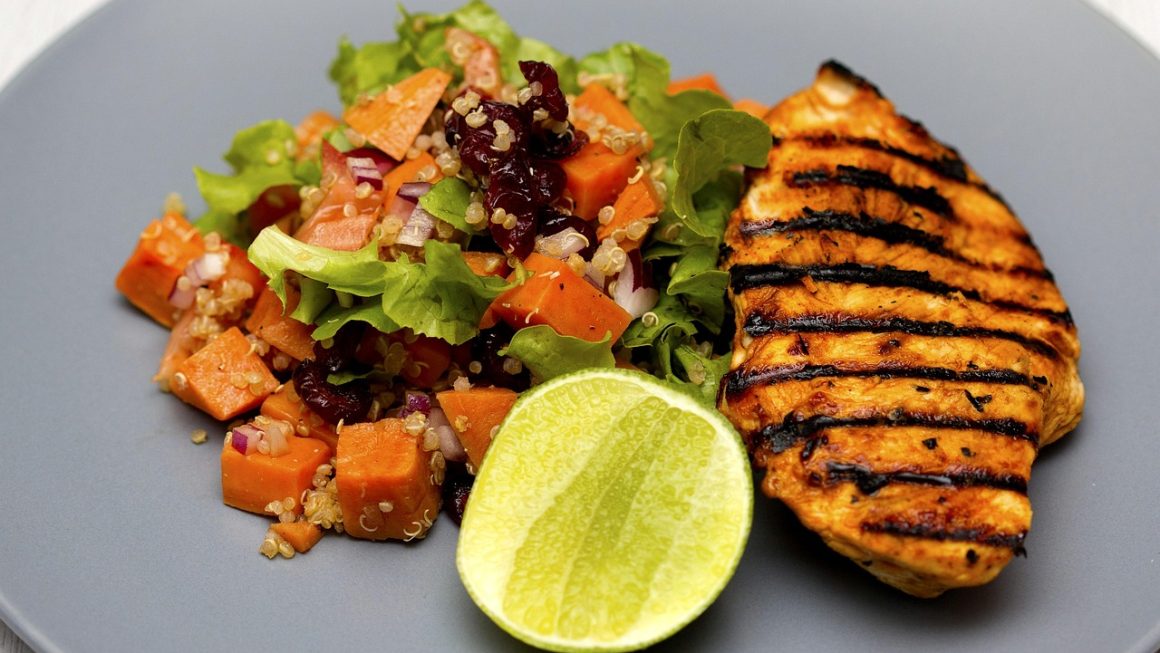Frosty winter just hit the UK!
If you’ve been enjoying the chilly air, with a little red nose and runny nose, we have got you covered.
Winters are the best time of the year. But it comes with so many diseases. You can start including foods that act like a warm hug to your immune system.
This is what you need when winter starts kicking in: your body is exposed to cold.
Winter can impact your immune system more. You get less sunlight (hello, vitamin D deficit) as more time is spent indoors.
But fear not, we are here to keep your pantry packed with 10 immune-supportive foods that keep you warm this season.
Why Can Winter Be Challenging for Your Immunity?
Before diving into the food choices that can keep you warm, you need to understand why winter impacts the immune system. Here are some factors that make immunity challenging.
- Lower vitamin D levels: As winter approaches, you choose to stay indoors. Getting less sunlight exposure means low vitamin D levels. The low intake of vitamin D can significantly impact your overall health.
- Dry indoor air: As soon as the temperature drops in the UK, the heating systems activate. Heaters make indoor air dry, which can dry out mucous membranes, which is your first line of defense against respiratory bugs.
- Higher exposure to viruses: People gather indoors more, and some respiratory viruses thrive in colder weather.
So yes, it’s not just in your head; winter can weaken your immune defenses. But the good news? You can fight back with smart, nourishing food.
1. Citrus Fruits

Eating an orange or consuming orange juice can do more than just satisfy your sweet tooth; you’re giving your immune cells a vitamin C boost. Vitamin C (ascorbic acid) supports the production and function of white blood cells, which are crucial for fighting off infections.
Quick recipe: Try warm water with lemon (gently squeeze it) in a citrus fruit salad, or add slices of orange to the herbal or green tea.
2. Red Bell Peppers

Red bell peppers are a hidden gem. Eating peppers means you can easily consume vitamin C, like most citrus fruits. Moreover, they are packed with beta-carotene, which supports your skin’s health and can help boost your immune system as well.
Quick recipe: Roast them and add them to the vegetable platters. You can add them to soups or stuff them with grains and add warm spices for a hearty winter meal.
3. Broccoli
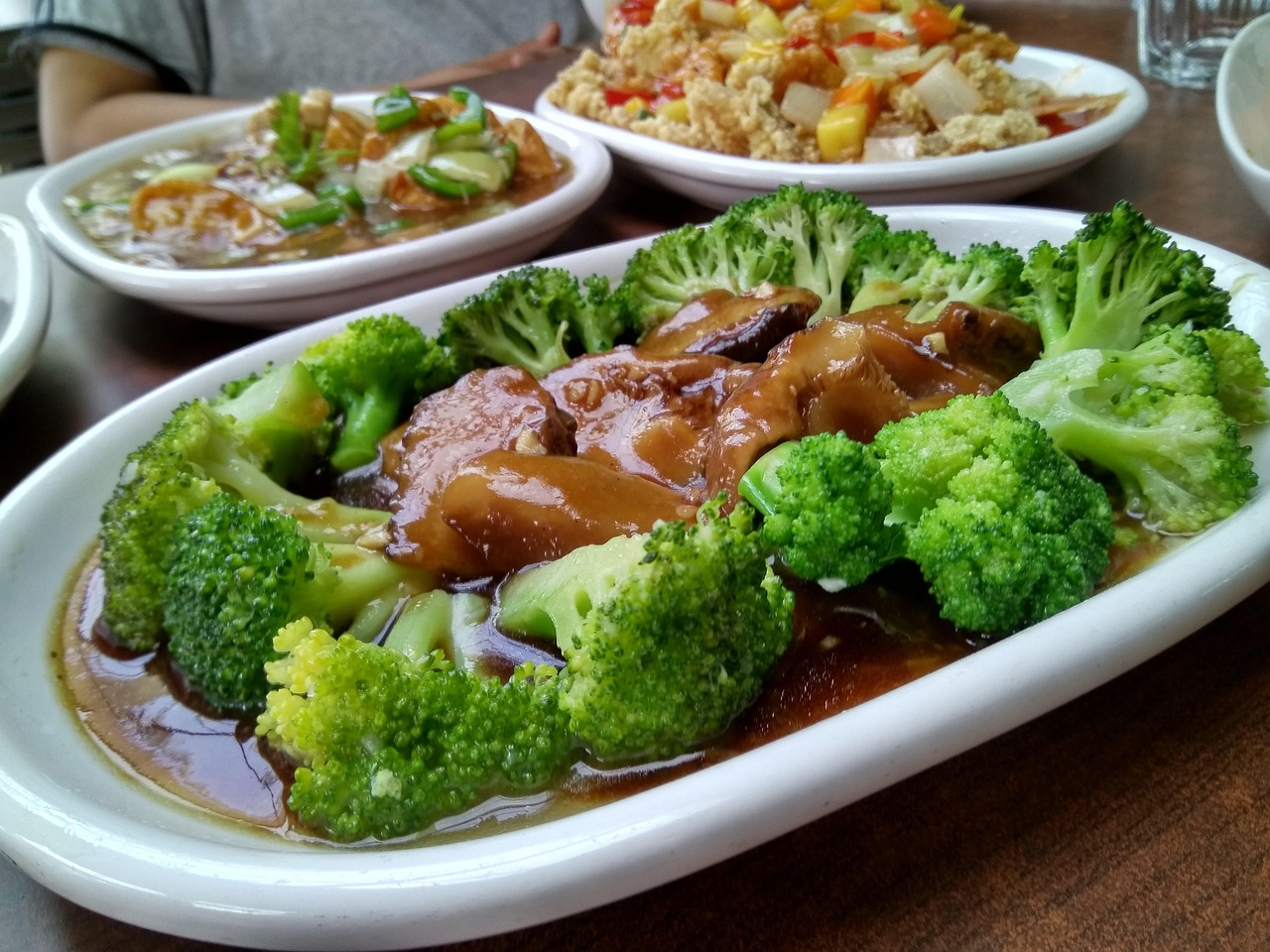
Broccoli is not just another staple in your meals, but a nutritional vegetable. It is packed with vitamins A, C, and E, fiber, and powerful antioxidants. You can consume it by seaming (instead of overcooking,) preserving many of its beneficial compounds.
Quick recipe: Add chopped broccoli to a warm winter stew, stir-fry it with garlic, or simply steam and serve with a drizzle of olive oil. Broccoli offers better nutrition when cooked less or steamed.
4. Garlic
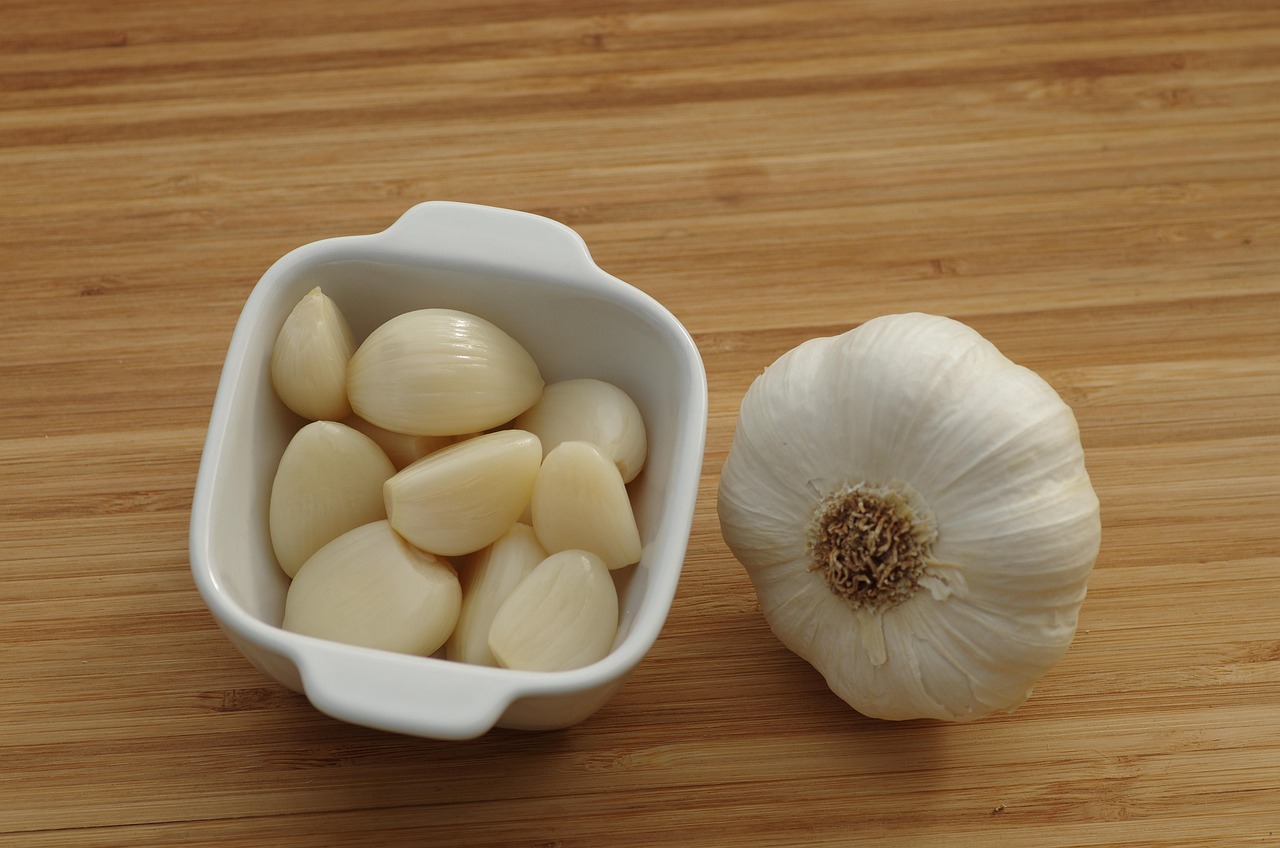
Crush a few fresh cloves of garlic, let it sit for a minute (that helps activate allicin, a sulfur compound), and then use it in cooking. Allicin has been shown to have antimicrobial and immune-stimulating properties; basically, garlic is your immune system’s little warrior.
Quick recipe: Use garlic in broths, roast it with vegetables, or mix it into warm grain bowls.
5. Ginger
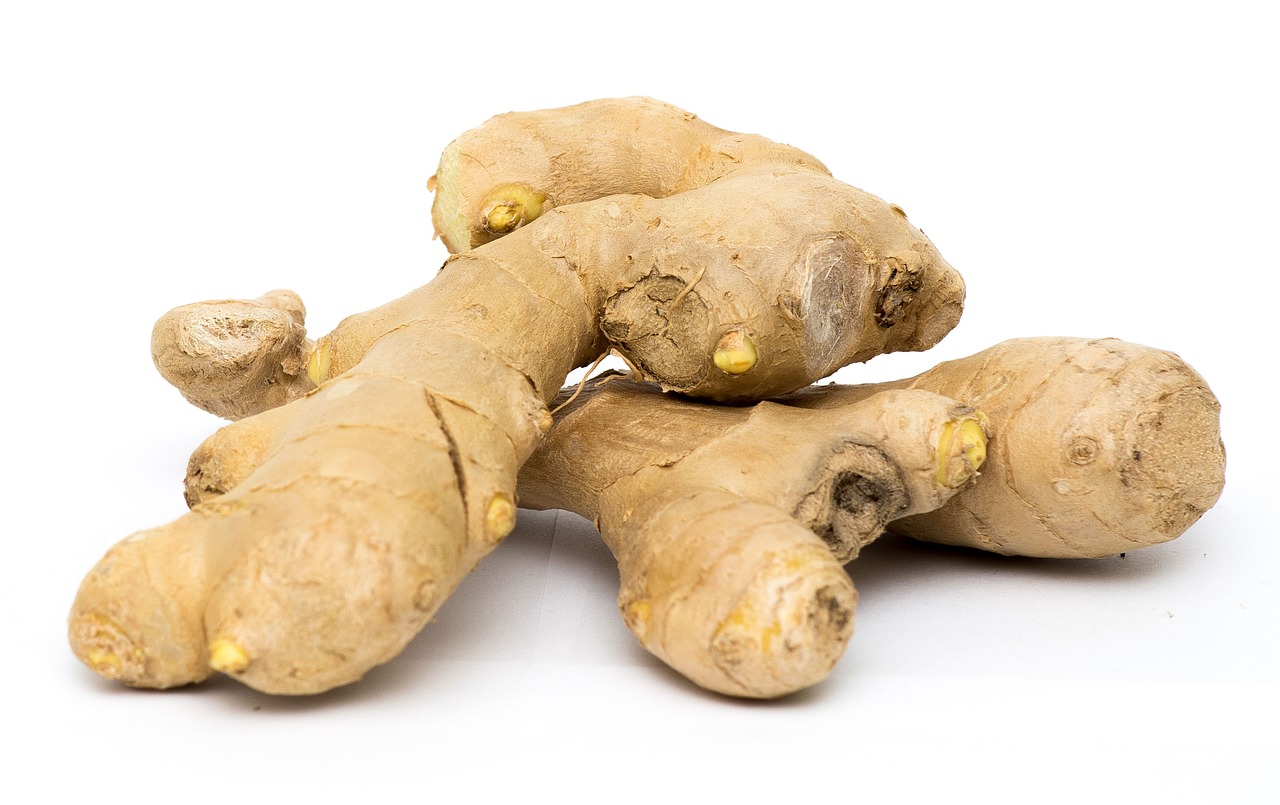
When the winter chill gets into your bones, ginger is your warm, zesty friend. The compound gingerol gives ginger its signature heat, but it also helps reduce inflammation and can soothe sore throats or upset your immune system.
Quick recipe: Prepare a cozy ginger tea (add a slice of lemon, maybe a dash of honey), grate some into soups, or toss it into stir-fries.
6. Spinach
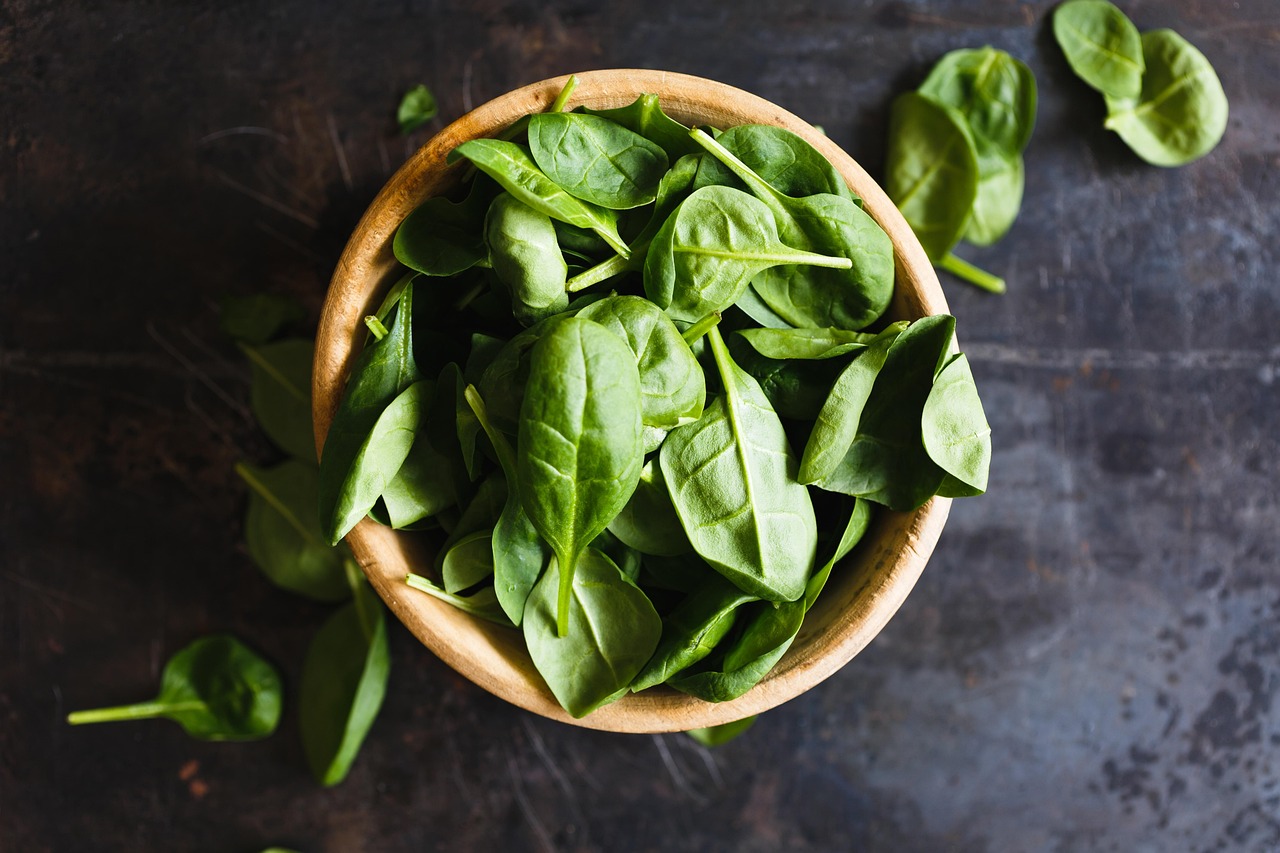
Spinach doesn’t just belong in summer smoothies; it’s great in winter too. It’s packed with vitamin C, beta-carotene, folate, and antioxidants. Light cooking (like steaming or gentle sautéing) makes these nutrients more available.
Quick recipe: Stir spinach into your soups, add it to stews at the last moment, or make a warm spinach sauté with garlic. You can also try out these protein based smoothies to start your day with a healthy meal.
7. Yogurt
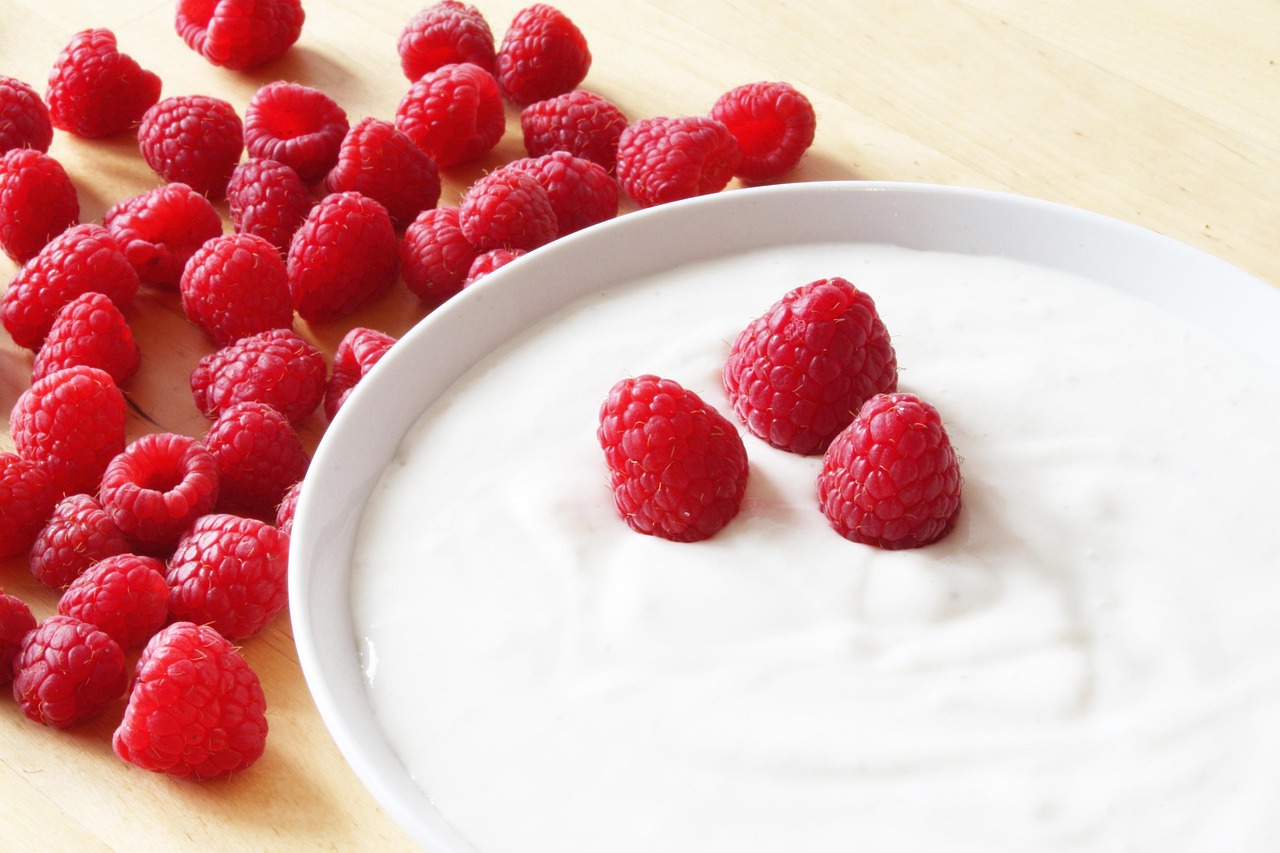
Your gut and immune system are best friends. Probiotics (the “good bacteria” in yogurt) help keep your gut balanced, and a healthy gut means a stronger immune system.
Tip: Choose plain, unsweetened yogurt with “live and active cultures.” Bonus points if it’s fortified with vitamin D, which is especially helpful in winter.
Quick recipe: Use yogurt as a base for a fruit and nut breakfast bowl, or spoon it over warm oatmeal.
8. Almonds
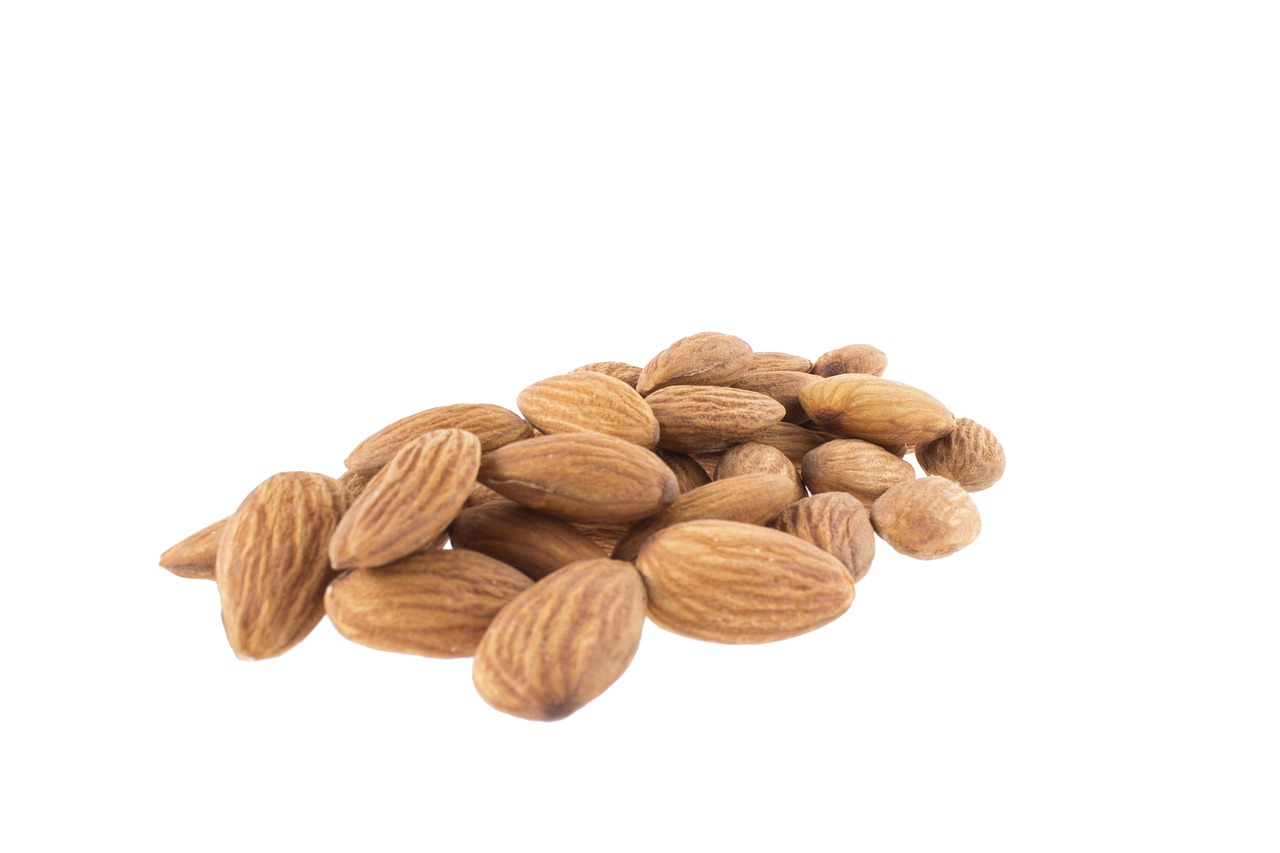
Almonds are crunchy, satisfying, and full of vitamin E, a powerful antioxidant that supports immune cells. On top of that, the healthy fats in almonds help your body absorb fat-soluble vitamins.
Quick snack idea: Keep a small jar of roasted (or raw) almonds for easy snacking, toss them into porridge or quinoa, or chop them into fruit and yogurt bowls.
9. Turmeric
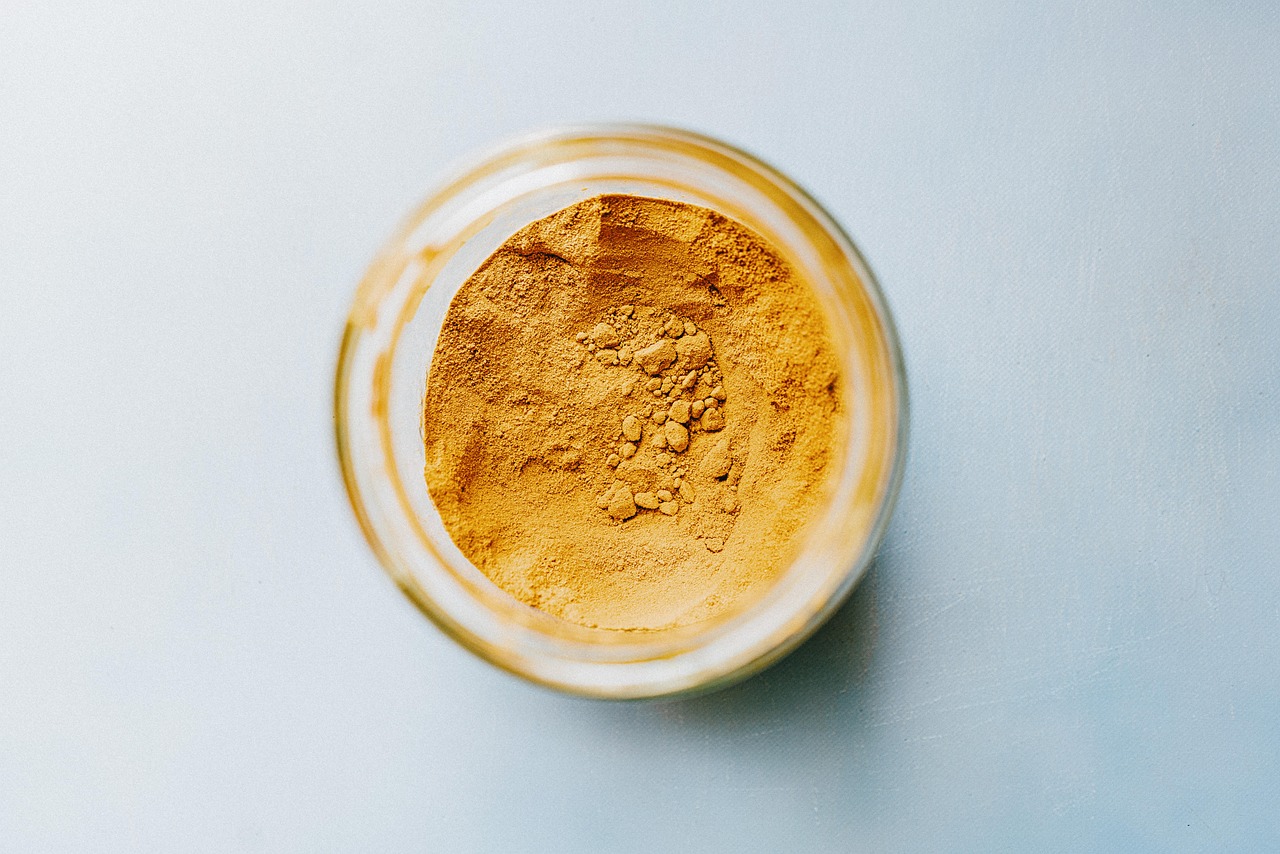
Turmeric is the spice that makes everything look golden. The active compound curcumin is celebrated for its anti-inflammatory and immune-regulating effects. Bonus: when paired with a pinch of black pepper and a little fat (like milk or coconut oil), its absorption skyrockets.
Quick recipe: Try golden milk (turmeric latte), add turmeric to soups, or mix it into your rice or lentil dishes.
10. Green Tea
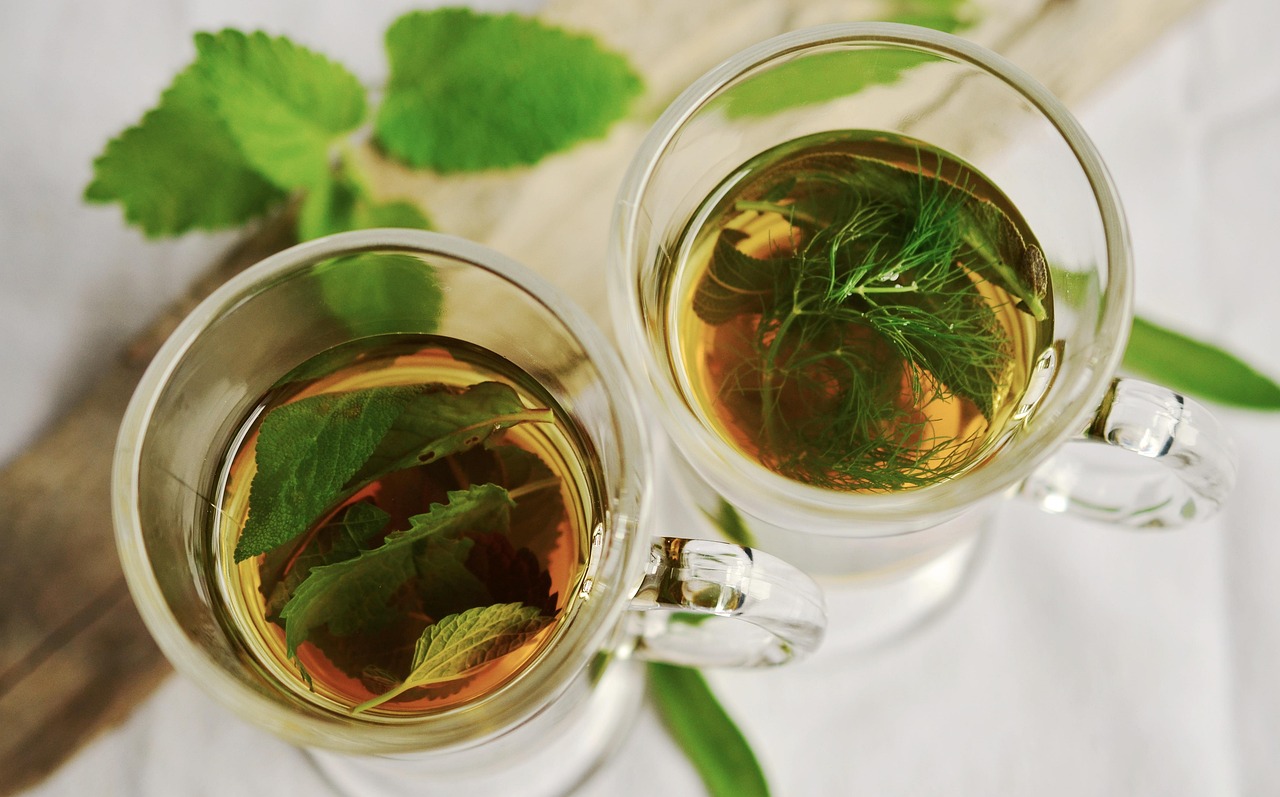
Instead of reaching for sugary winter drinks, brew a pot of green tea. It’s loaded with EGCG, a powerful antioxidant that helps regulate immune function. Even better, sipping warm tea feels like a gentle hug for your throat when it’s cold outside.
Quick tip: Don’t over-steep, that can make it bitter. A gentle 3-minute steep helps preserve its beneficial compounds.
Putting It All Together: A Cozy Winter Immune Menu
To make these foods work for you, create a daily diet plan that you can follow to see the results already.
- Morning: Warm lemon water → breakfast bowl with yogurt, almonds, and citrus slices
- Lunch: Steamy vegetable soup (with broccoli, spinach, garlic)
- Snack: A few roasted almonds and a cup of green tea
- Dinner: Lentil or rice dish with turmeric, red bell peppers, and roasted garlic
- Evening: Ginger tea (with a hint of honey) or golden milk
Pair this with good sleep, a little exercise, and, if possible, get some sunlight exposure, to keep yourself warm this winter season.
A Few Extra Tips & Considerations
- Balance is key: No superfood will magically prevent illness. A varied, nutrient-rich diet plus healthy habits is the real secret.
- Supplement wisely: If you’re considering vitamin D or C supplements, talk to a healthcare professional. Overdoing supplements isn’t always safe, and whole foods tend to have more balanced benefits.
- Lifestyle matters: Foods support your immune system, but they don’t work in isolation. Prioritize restful sleep, manage stress, and try to get some sunlight when you can.
- Stay hydrated: Even if it’s cold, drink fluids. Warm water, herbal teas, and broths, everything counts.
Final Word
This winter, think of your plate as more than just food; make it immune friendly to protect yourself.
Adding these 10 immune-supportive foods, you’re not just eating for taste, you’re eating for resilience. From the citrus in your morning bowl to the turmeric in your dinner, these ingredients are small acts of self-care with big payoff.
So next time you feel that winter chill, don’t just grab the blanket, but prepare the comfort food that keeps you warm.
And remember: a healthy immune system keeps you safe from infections throughout the season.


